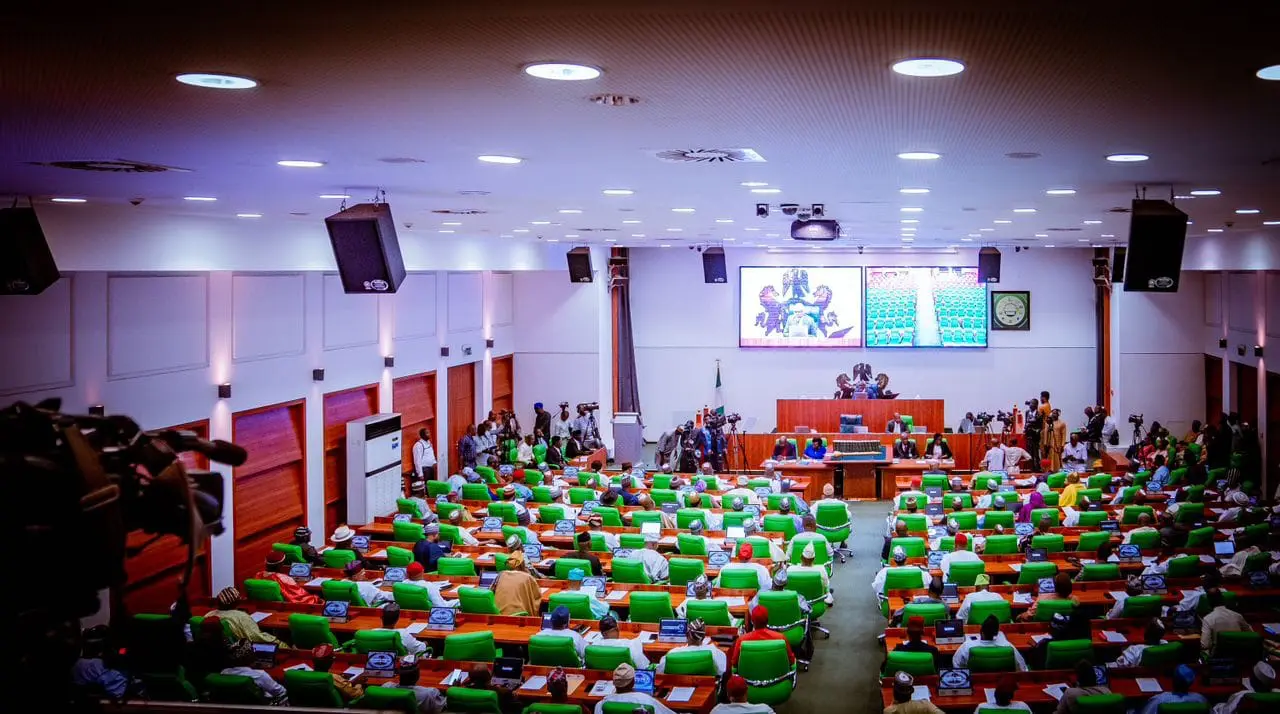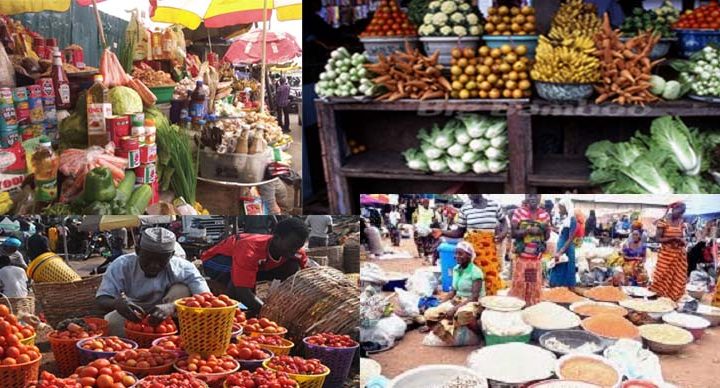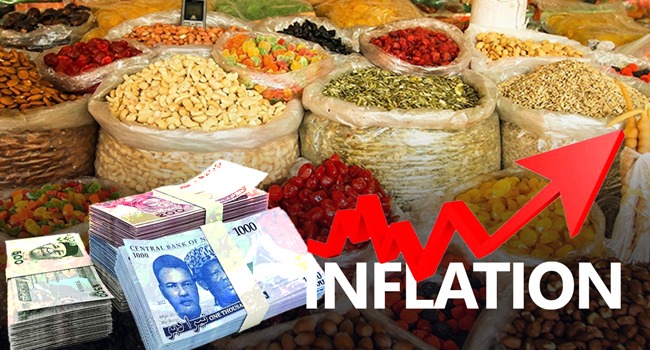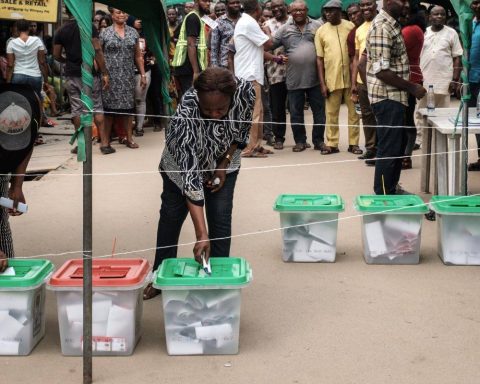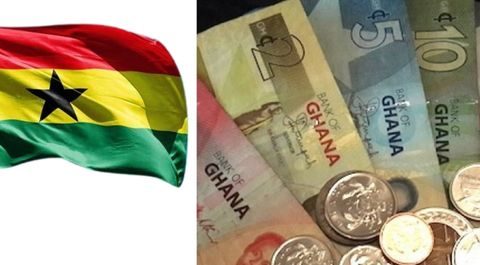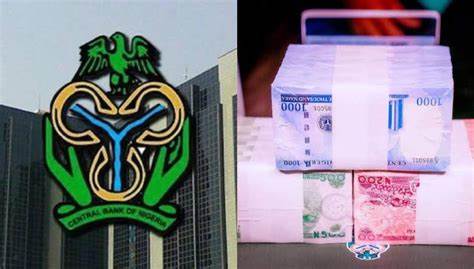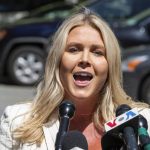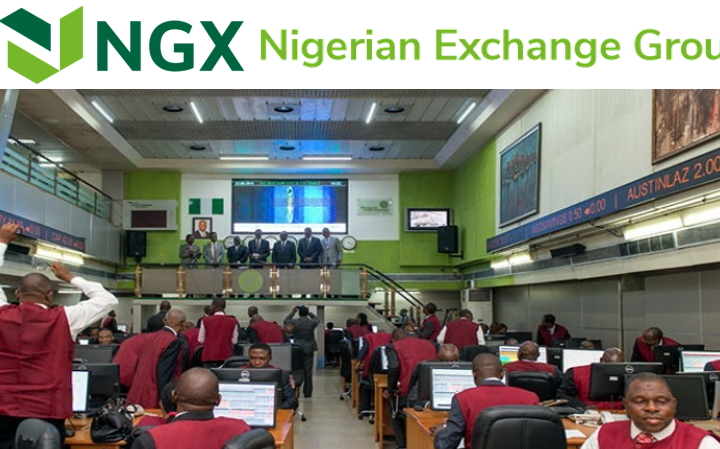House of Representatives Warns of Potential Social Unrest
The House of Representatives on Wednesday warned that the recent fuel price hike could lead to social unrest across Nigeria. During a plenary session, lawmakers expressed their concerns as negotiations between the Federal Government and labour leaders over the new petrol prices ended in a deadlock.
The latest hike saw the price of petrol jump to N1,030 per litre in Abuja, up from N897, and N998 per litre in Lagos, from N868. Other regions witnessed similar surges. This marks the second increase in a month, with prices rising by 14.8%—an additional N133 per litre.
Join our WhatsApp ChannelThe price hike has triggered a rise in transportation costs and food prices, exacerbating the already high cost of living for many Nigerians. The organised labour unions, including the Nigeria Labour Congress (NLC) and the Trade Union Congress (TUC), have demanded an immediate reversal of the increase.
Lawmakers Urge Immediate Reversal of the Fuel Price Hike
During the plenary, Minority Leader Kingsley Chinda moved a motion alongside 100 other members, urging the Federal Government to reverse the fuel price hike. The motion, titled “Urgent Need to Suspend the Increased Cost of Petrol and Cooking Gas in the Country,” highlighted the widespread economic challenges facing Nigerians.
Chinda noted, “The removal of fuel subsidies, along with the depreciation of the naira and global oil price volatility, has significantly contributed to the rising fuel prices. Ordinary Nigerians are struggling to meet their basic needs.”
He further warned, “The escalating cost of fuel and gas is affecting transportation, food prices, and essential goods, pushing many families into deeper financial hardship.”
Fuel Price Hike Impacting Small Businesses
House Minority Whip, Ali Isa, echoed Chinda’s concerns, stating, “Businesses, particularly small and medium-sized enterprises, are struggling to cope with the rising operational costs. This threatens the stability of our economy.”
Isa also emphasised the broader implications for the Nigerian economy. “If this trend continues, we are staring at an economic crisis. Higher fuel prices could lead to increased crime, poverty, and even higher mortality rates,” he said.
Yusuf Gagdi, another member of the House, added, “This motion is crucial because it addresses the immediate needs of Nigerians. The government must act quickly to ease the burden on our citizens.”
Government’s Response to the Fuel Price Hike
Despite these pleas, the Federal Government and labour unions failed to reach an agreement during a closed-door meeting held in Abuja on Wednesday. Sources privy to the meeting revealed that while labour leaders remained firm on reversing the fuel price hike, the government sought further negotiations.
“The NLC strongly opposed the hike, insisting that the government must reverse it. However, both parties could not reach a consensus and agreed to meet again,” a source said on condition of anonymity.
Minister of Information, Mohammad Idris, stated that discussions with labour leaders would be ongoing. “This is not a one-off meeting. We will continue to engage with labour to find a solution that works for everyone,” he said.
Government Officials Defend Tough Decisions
Minister of Finance, Wale Edun, addressed concerns over the fuel price hike during the meeting. He acknowledged the challenges brought by recent government decisions but remained optimistic about future outcomes.
“Tough decisions come with short-term pain. However, we believe these choices will yield positive results in the long run,” Edun said. “For instance, our GDP for the first and second quarters grew by 2% and 3.19%, respectively. While this may seem slow, it shows that we are moving in the right direction.”
He also drew comparisons to other nations, stating, “Germany’s GDP shrank by 0.3%, and the UK’s economy is also struggling. While these statistics don’t provide comfort, they offer perspective.”
Edun added, “Fertiliser prices, energy costs, and inflation are global issues, not just Nigerian challenges. We are working hard to mitigate their effects.”
House Calls for Long-Term Solutions to Fuel Price Hike
To tackle the ongoing challenges posed by the fuel price hike, the House urged the Nigerian National Petroleum Company Limited (NNPC) and the Ministry of Petroleum Resources to expedite efforts to repair domestic refineries. They argued that boosting local refining capacity would reduce Nigeria’s dependence on imported refined petroleum products and help stabilise prices.
The House also called on the Central Bank of Nigeria to implement policies that would curb the inflationary effects of rising fuel costs, especially on essential goods and services.
Additionally, lawmakers proposed that state governments introduce financial relief measures such as tax waivers to alleviate the burden on citizens.
In a forward-looking resolution, the House called for the exploration of alternative energy sources to reduce the country’s reliance on petrol. They emphasized that diversifying Nigeria’s energy mix would ensure more sustainable and affordable energy solutions in the future.
Labour Leaders Insist on Reversing the Fuel Price Hike
Despite the government’s position, labour unions are standing their ground. Speaking after the meeting, TUC President Festus Osifo reaffirmed their stance. “We have made our position clear—this fuel price hike must be reversed. It is pushing Nigerians deeper into poverty,” Osifo said.
He concluded, “We will not back down until the government addresses our concerns and provides relief to the millions of Nigerians suffering because of this decision.”
Emmanuel Ochayi is a journalist. He is a graduate of the University of Lagos, School of first choice and the nations pride. Emmanuel is keen on exploring writing angles in different areas, including Business, climate change, politics, Education, and others.

